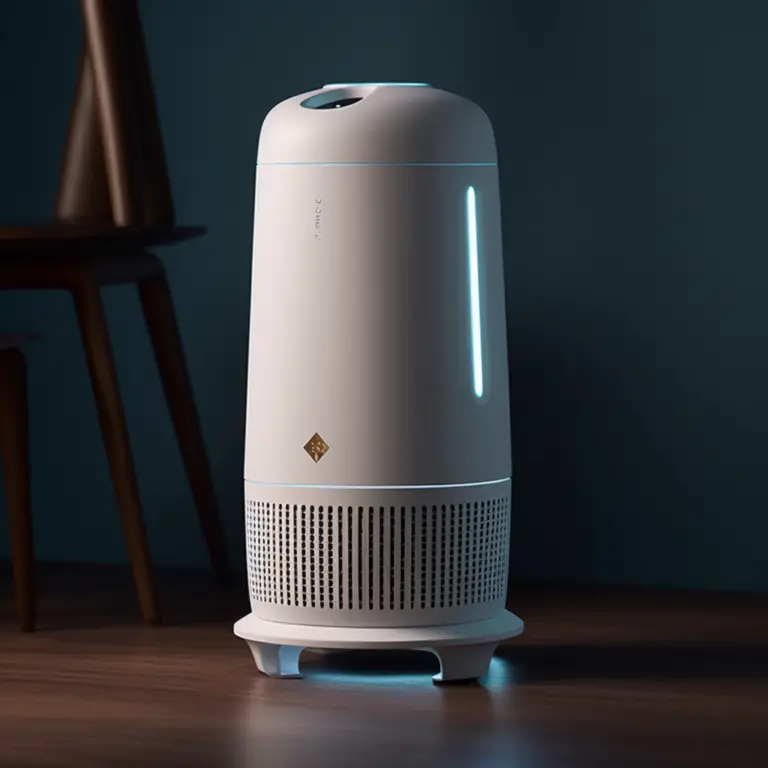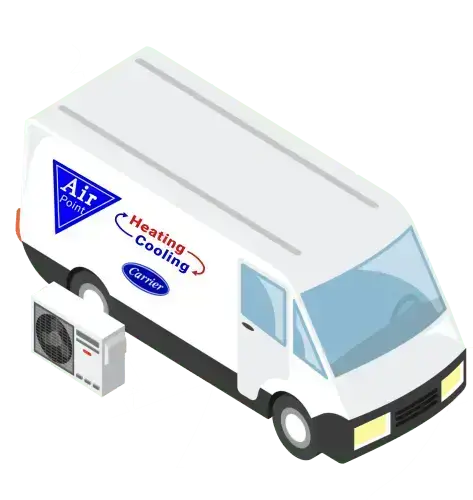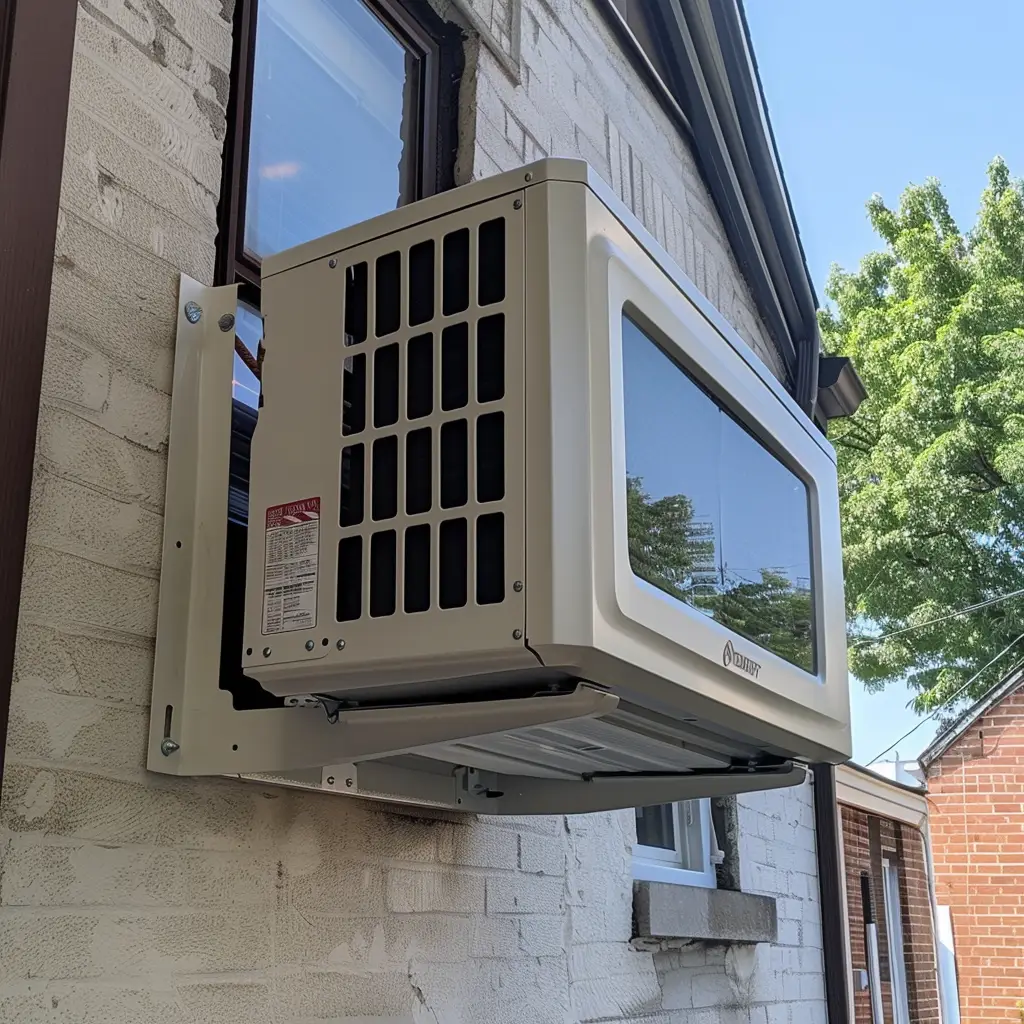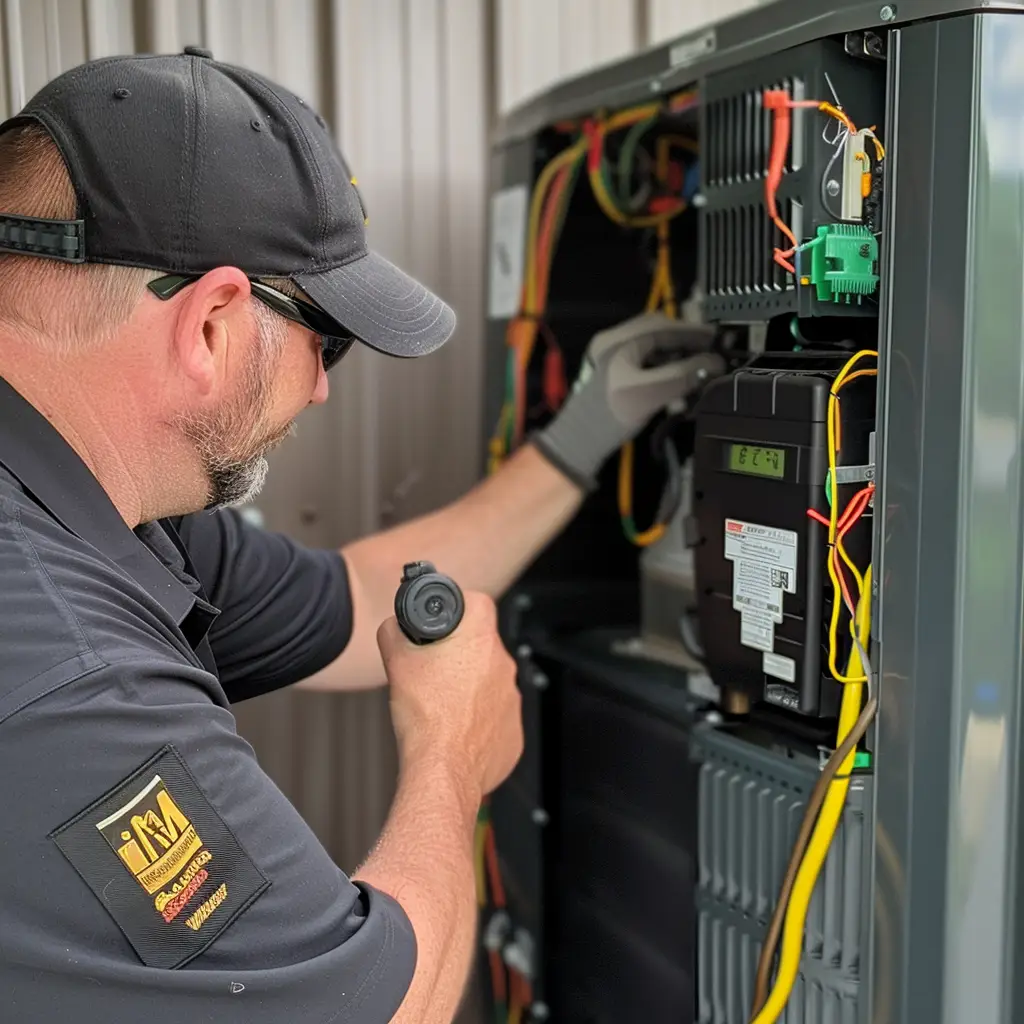The Power of Air Filtration Systems for Home
Clean air is not a luxury; it’s a necessity, especially in our homes where we spend a significant portion of our time. However, achieving it can be a challenging task. That’s where home air filtration systems come into play.
Understanding Air Filtration Systems
How Does an Air Filtration System Work?
In essence, an air filtration system works by pulling in air from your surroundings, filtering out harmful particles, and then releasing clean air back into your living space. The type of contaminants removed depends on the type of air filter used in the system.
Types of Home Air Filtration Systems
There are various types of home air filtration systems available, each with its unique advantages and applications. These range from HEPA filters that can eliminate 99.97% of particulates, activated carbon filters for odor control, to UV filters that kill bacteria and viruses.
The Ten Essential Benefits of Using an Air Filtration System
Provides Cleaner, Healthier Air
Air filtration systems eliminate airborne pollutants like dust, mold, pollen, and pet dander, ensuring you breathe in cleaner, healthier air.
Reduces Allergy Symptoms
By trapping allergens, air filters help to reduce allergy symptoms like sneezing, coughing, watery eyes, and headaches.
Minimizes Asthma Triggers
Air filtration systems remove asthma triggers such as dust mites, pet dander, and mold spores, ensuring a safer environment for asthmatics.
Eliminates Unpleasant Odors
An air filtration system can rid your home of unpleasant odors from pets, cooking, or cigarette smoke, leading to a more comfortable and fresh smelling home.
Lowers Risk of Respiratory Diseases
By filtering out airborne pollutants, these systems lower the risk of developing respiratory diseases, including chronic obstructive pulmonary disease (COPD) and lung cancer.
Enhances Sleep Quality
A cleaner air environment contributes to better sleep quality by reducing allergens and other irritants that may disrupt sleep.
Improves Lifespan of HVAC Systems
Air filtration systems can extend the life of your HVAC systems by preventing dust accumulation, reducing the frequency of maintenance and replacements.
Contributes to a Sustainable Environment
These systems help to minimize carbon footprint by filtering out pollutants and promoting healthier indoor air quality.
Boosts Home Value
Installing an air filtration system is a valuable investment that can increase the value of your home, making it more appealing to potential buyers.
For a list of the best air purifiers in 2023, watch this video by Modern Castle
Trust AirPoint for Optimal Air Quality
At AirPoint, we understand the importance of clean, healthy air in your home. We are proud to be a Carrier factory authorized dealer and NATE certified in Toronto, which stands as a testament to our commitment to high-quality services. Our award as HomeStars Best of the Best 2023 and consistent 5-star ratings on Google and HomeStars speak for our customer satisfaction. Our technicians are fully certified by TSSA, HRAI, and CSA, ensuring your air filtration systems are handled by skilled professionals. Trust us to help you reap the benefits of using an air filtration system for your home.
Frequently Asked Questions About Air Filtration Systems
How often should I replace my home air filtration system?
The frequency of replacement varies depending on the type and usage, but generally, it should be changed every 6-12 months.
Are air filtration systems noisy?
Most modern air filtration systems are designed to operate quietly, but the noise level can vary depending on the model and settings.
Can an air filtration system cool my home?
While air filtration systems can improve the efficiency of your HVAC system, they're not designed to cool your home.
How can I tell if my air filtration system is working?
Most systems have indicators for filter change or system performance. However, a decrease in dust or allergy symptoms can also signify its effectiveness.
Is it costly to maintain an air filtration system?
The maintenance cost is typically low, often just involving filter changes. However, energy use can be a significant factor in total cost.





